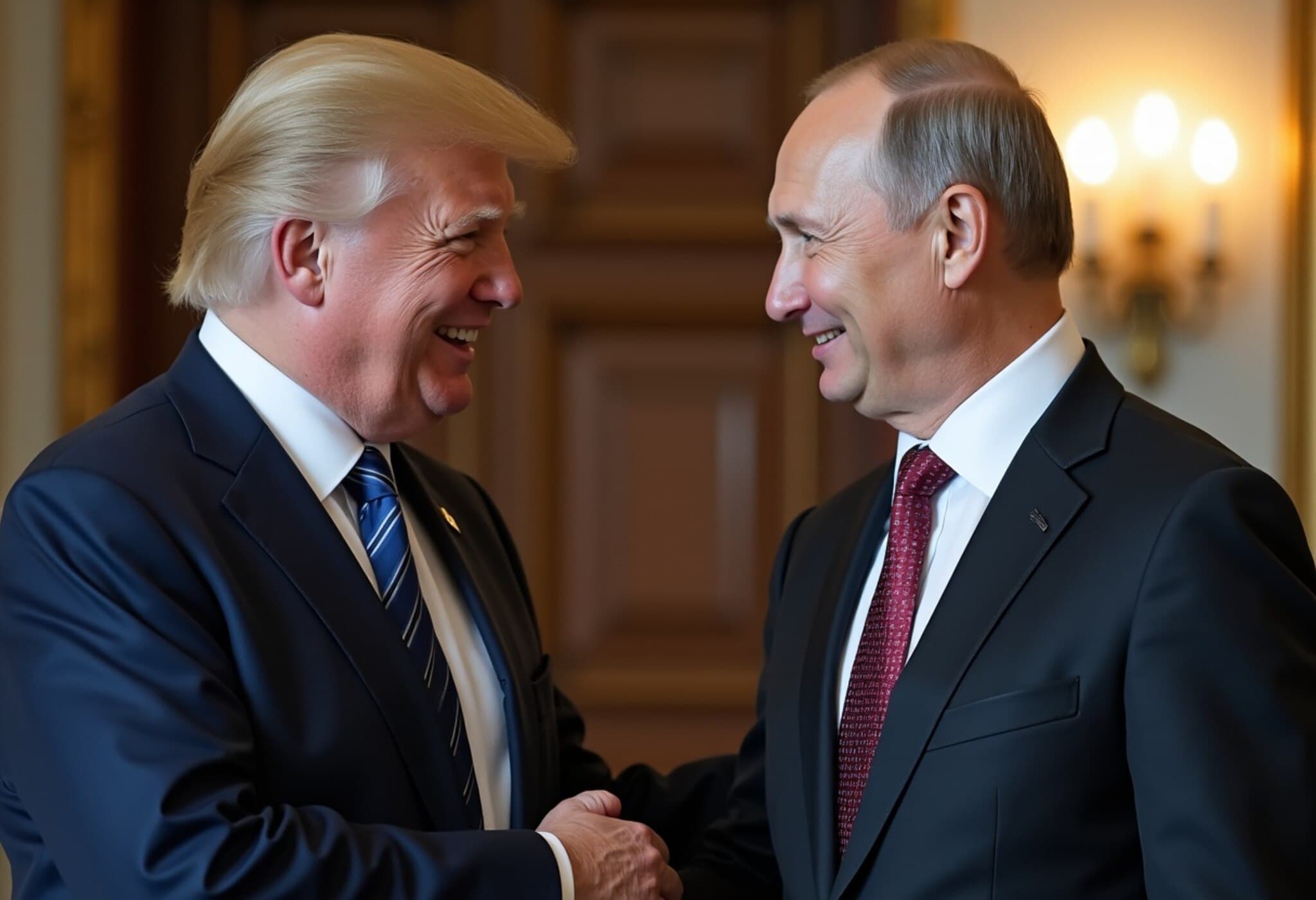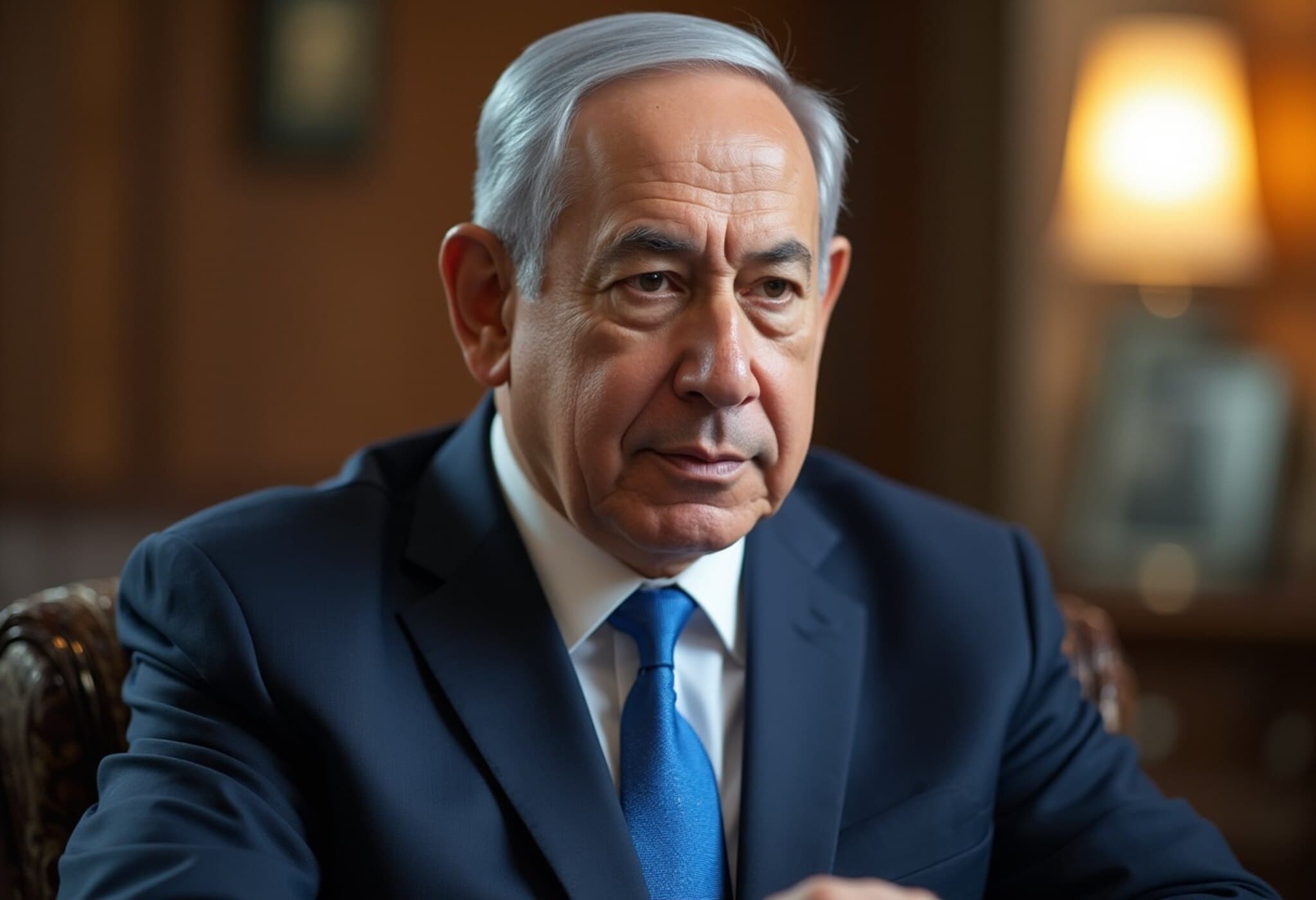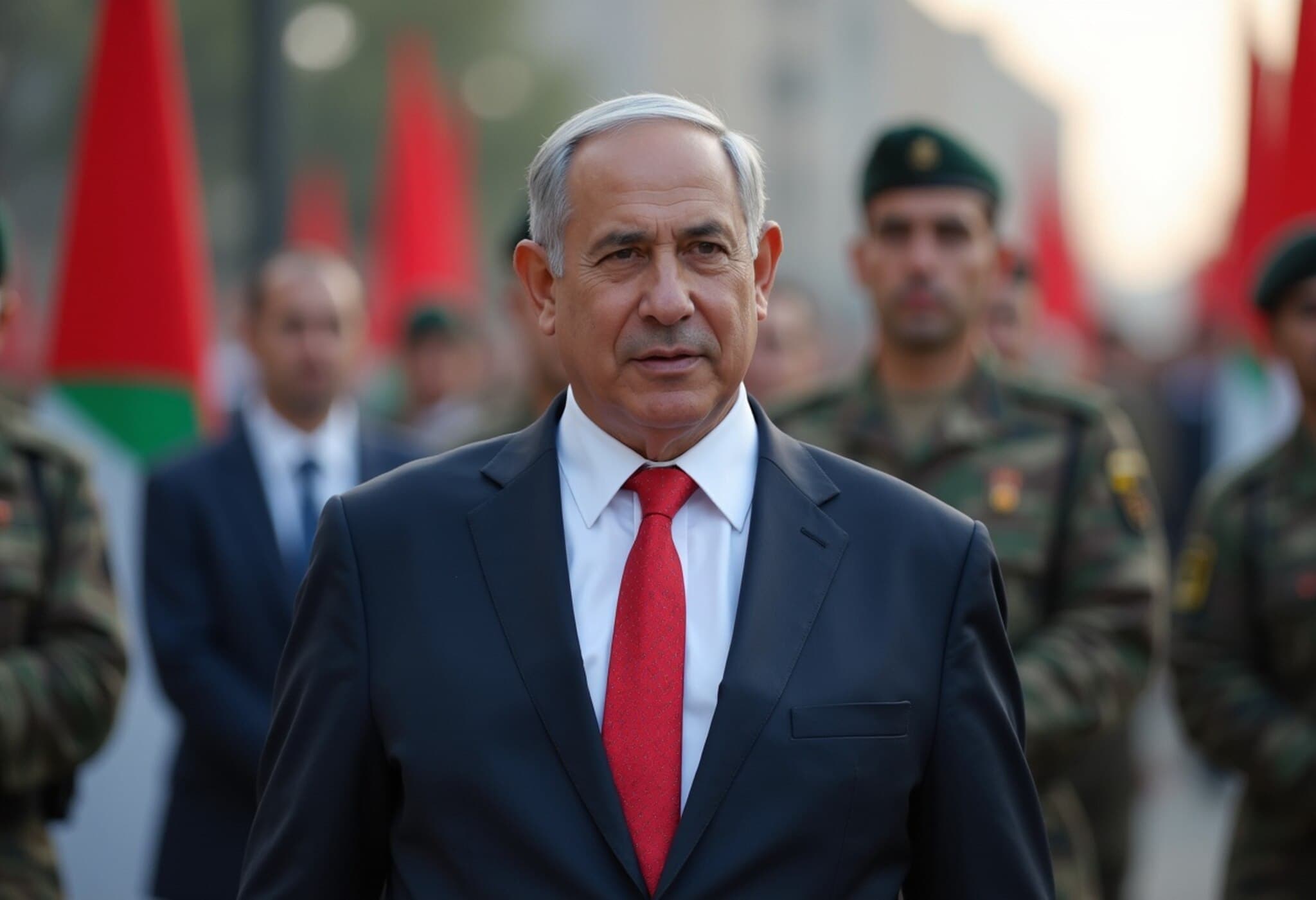Germany Pauses Arms Supplies in Response to Gaza Crisis
In a historic pivot, Germany has announced it will suspend exports of weapons that could potentially be used by Israel in its ongoing military operations in the Gaza Strip. This marks the first time since reunification that Germany has publicly acknowledged restricting military support to its long-standing ally amid heightened conflict.
Chancellor Merz’s Unexpected Shift
Chancellor Friedrich Merz’s abrupt reversal on Friday reflects mounting domestic pressure and moral concerns regarding the humanitarian catastrophe unfolding in Gaza, where stringent Israeli measures have led to severe shortages of essentials like food and water.
While Merz reaffirmed Israel’s right to defend itself against Hamas and secure the release of hostages, he expressed deep unease: “The current course of action makes it increasingly difficult to see how these objectives will be fulfilled without exacerbating civilian suffering,” he stated.
Historical Context and Domestic Pressure
Germany stands as Israel’s second-largest supplier of arms after the United States, a relationship underpinned by the nation’s commitment to support Israel as an acknowledgement of the atrocities of the Nazi Holocaust—a policy often referred to as the Staatsraison, or state reason.
However, recent public sentiment appears to be shifting. According to a June poll, 73% of Germans advocated for tighter arms export controls, with nearly a third pushing for an outright ban, reflecting growing ethical concerns among the German citizenry.
Vice Chancellor and Finance Minister Lars Klingbeil of the Social Democrats applauded the decision, noting, “The humanitarian suffering in Gaza is unbearable. This is the right course of action.”
Impact and Expert Analysis
Meron Mendel, director of Frankfurt’s Anne Frank Education Centre, described Germany’s move as a significant political and moral setback for Israeli Prime Minister Benjamin Netanyahu, particularly amid his coalition’s hardline policies.
Statistics from the Stockholm International Peace Research Institute highlight that from 2019 to 2023, Germany supplied roughly 30% of Israel’s major arms imports, including advanced naval vessels such as the Sa’ar 6-class frigates actively deployed in the Gaza conflict.
Focusing on Ceasefire and Hostage Release
Chancellor Merz emphasized that efforts should prioritize the safe release of hostages and fostering dialogue towards a ceasefire, while cautioning Israel against any unilateral annexation attempts in the West Bank, a move that could further destabilize the region.
Legal and Political Ramifications
Far-right factions within Netanyahu’s government have advocated for complete control over Gaza, a position that not only risks escalating violence but also endangers hostages as warned by military officials.
Between the Hamas attack on October 7, 2023, and May 13, 2025, Germany granted export licenses worth approximately €485 million ($866 million) for Israeli military equipment, with a tenfold surge in arms exports in the immediate aftermath of the conflict’s ignition.
This surge prompted legal challenges from human rights organizations, concerned that German-supplied weapons were fueling the conflict and causing civilian casualties, though courts have yet to issue rulings restricting these transactions.
Broader Implications for Germany and Global Arms Trade Ethics
Germany’s decision reflects a broader global debate about arms exports and moral responsibility amid asymmetric conflicts. It calls into question how traditional alliances adapt when historical loyalties clash with contemporary humanitarian crises.
For policymakers and analysts, this move may signal a reassessment of export policies, especially as public opinion increasingly weighs in on the ethical considerations underlying arms sales.
Looking Ahead
As tensions continue to reverberate across the Middle East, Germany’s recalibration may encourage other supplier nations to scrutinize their own roles. The challenge remains balancing strategic partnerships with commitments to human rights and international law.
Editor’s Note
Germany’s unprecedented suspension of arms exports amid the Gaza conflict underscores a complex intersection of history, morality, and politics. While supporting Israel’s right to security remains core to German foreign policy, rising domestic unease and humanitarian concerns are reshaping engagement. This situation invites reflection on the role of arms suppliers in conflict zones and compels a broader dialogue on ethical responsibility in international relations. Readers are encouraged to consider how allied nations can navigate these dilemmas without compromising values or security interests.



















